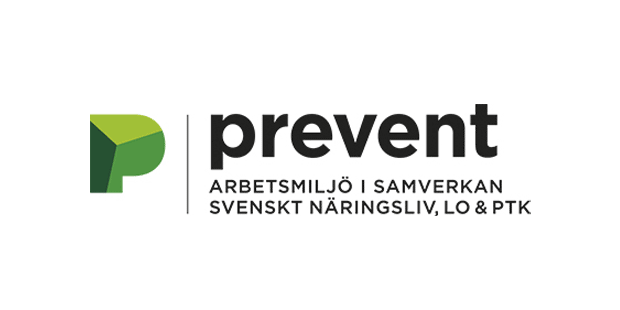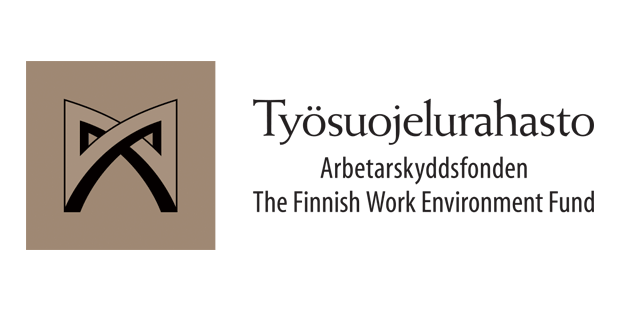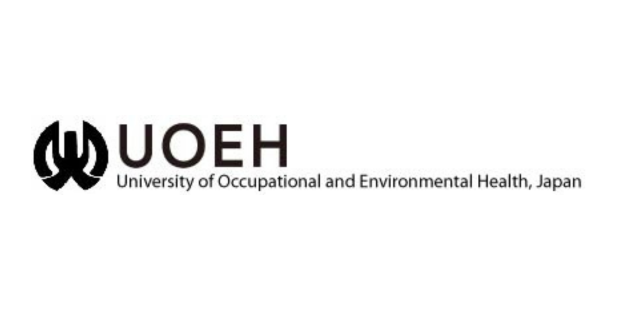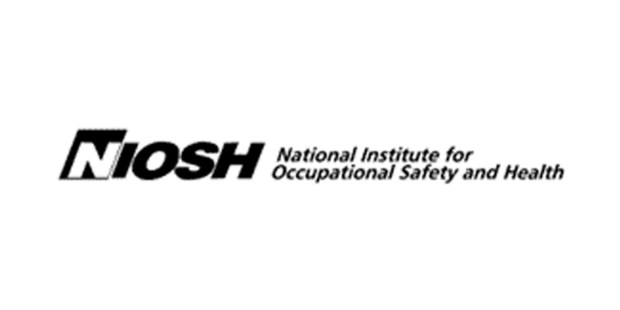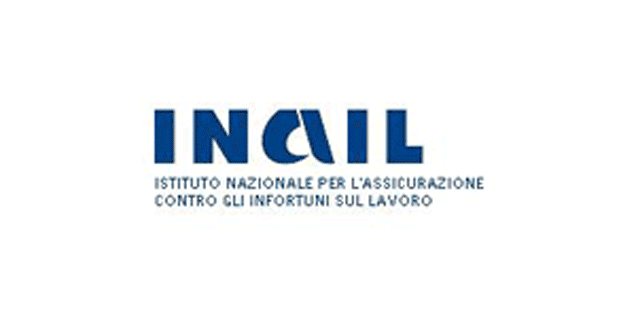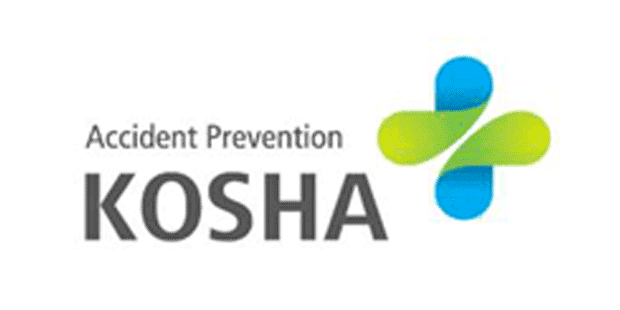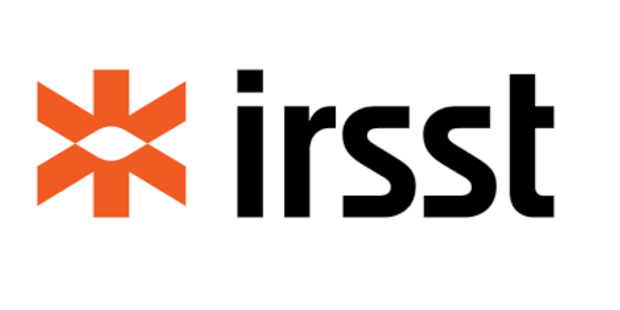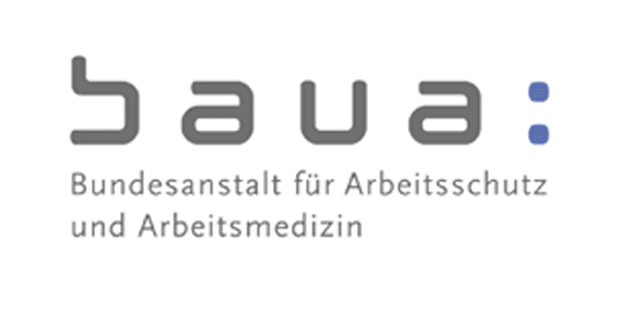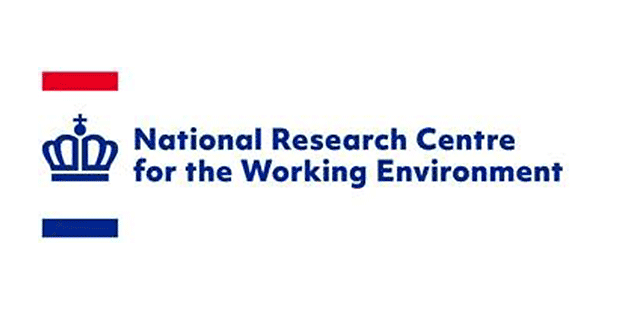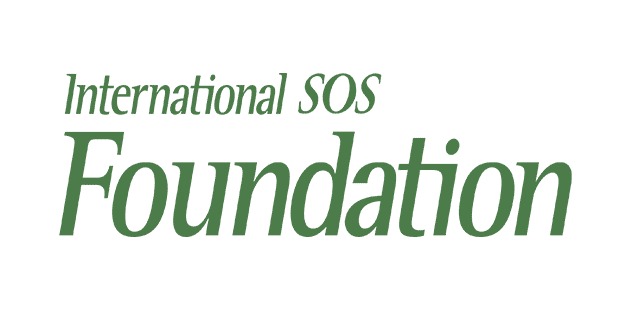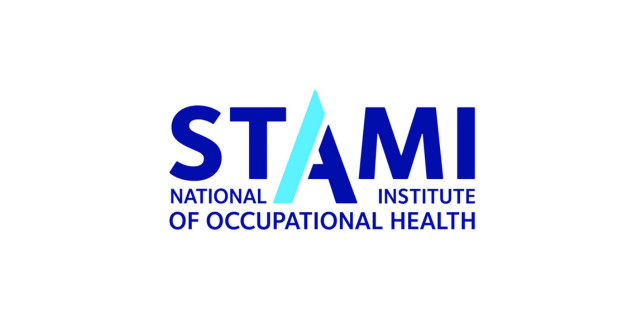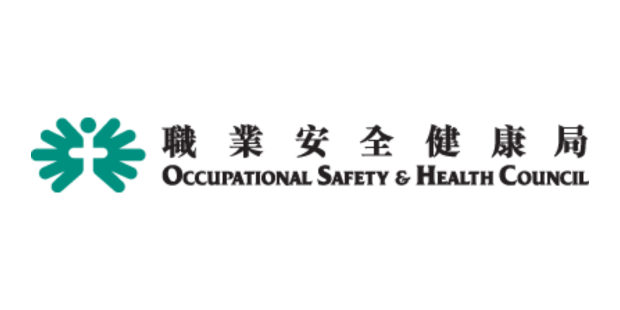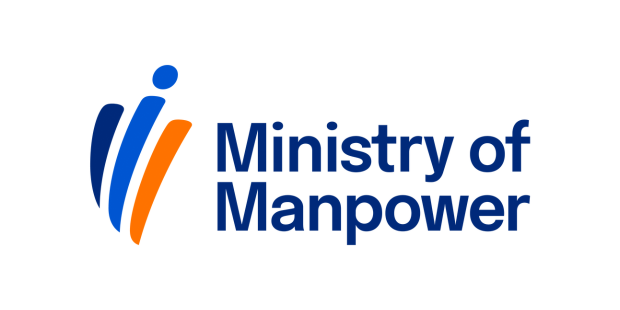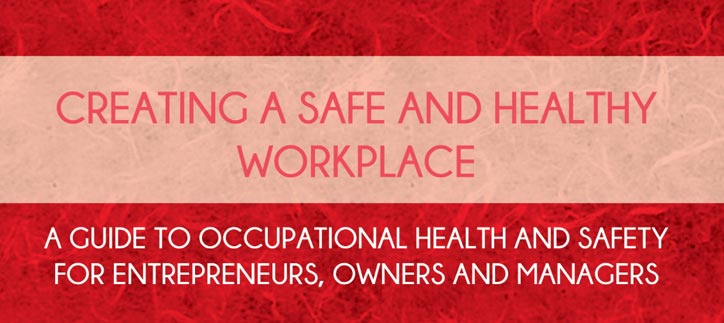Minutes of the ICOH Board Meeting
Minutes of the ICOH Board Meeting on Friday, 28 February 2003, at 17h00-21h00 - Mabu Hotel, Room B Iguassu Falls, Brazil Release 2/07/03
Participants:
- Jorma Rantanen, President
- Ruddy Facci, Vice President
- Alain Cantineau, Vice President
- Sergio Iavicoli, Secretary General
- Bengt Knave, Past President
- Ian Eddington
- Abdeljalil El Kholti
- Richard Ennals
- Kazutaka Kogi
- Suvi Lehtinen
- Marco Maroni
- René Mendes
- Louis Patry
- Gustav Schäcke
Not attending:
- Kaj Elgstrand
- Hua FU
- Tee L. Guidotti
- Petter Kristensen
- Tore J. Larsson
- Ken Takahashi
- Tar-Ching AW
1. Opening
The newly elected President, Professor Jorma Rantanen opened the Board Meeting with a word of welcome to the new Board Members. He recognised that the new Board has many strengths including its social and professional cohesion and its intellectual capacity. The Board will face a historically important and challenging triennial because of the centennial celebrations in 2006. The President gave thanks to the former President and Board and Brazilian Congress Organizers of the ICOH 2003.
The Board Meeting agenda was accepted without additions or changes.
2. Welcome of new Board Members
The new Board Members present at the Meeting introduced themselves and their main interest areas in occupational health and safety by turn.
3. Strategy 2003-2006
With reference to the ICOH Strategy presented in the General Assembly, the President wanted to go through some of the most important observations together with the Board. The starting point of his discourse was the fact that occupational health is not a burden but a resource for the working world. Asia with over 50% of all the workers of the world shows economic growth and social development including occupational health.
In the near future, EU will be with its 25 member states the biggest economy in the world, and the European standards on occupational health and safety will be applied in all these countries. In practice, this means that the scope of occupational health will expand.
Africa, as a continent, is full of potentialities for occupational health, and the decision to arrange the ICOH 2009 Congress in South Africa is an important decision to strengthen occupational health there. Latin America demonstrated its activeness in the Iguassu Meeting, and North America continues to lead in research and training. The President noticed that different trends from globalisation to outsourcing of OHS hold the sway in the world, but ICOH should develop ways to manage the situation.
International occupational health Next, the President wanted to take a look at the international occupational activities of ICOH. He remarked that ICOH's strength is not of institutional but intellectual kind. That is why ICOH needs to collaborate with existing institutions for practical implementation. The most important allies of ICOH such as ILO and WHO share the same mission and values as ICOH.
The President was especially interested in hearing the Board's thoughts on the new initiative concerning a Global ILO/WHO/ICOH Action for Basic OHS for All. The issue was actively discussed in the Board. Among others, Dr. Richard Ennals and Dr. Marco Maroni believed that the ILO and WHO would be willing to work closer with ICOH. Dr. Kazutaka Kogi seconded these opinions but wanted to have more clarifications on ICOH's role in the cooperation with international organizations. He asked whether there would be any documents or contracts concerning this cooperation? He wanted also to know what were the targets, inputs and expected outputs of these activities? The President answered these questions and clarified that in the international collaboration ICOH would not be an operator but responsible for the intellectual and scientific output. Another possible approach to these questions was to ask what ICOH could offer to other international organizations. In this case, the answer would be that ICOH could offer scientific knowledge e.g. on occupational health services, their content and organization. As an important trainer, ICOH could also collaborate in the field of training and education. The Board already has through its members, e.g. Alain Cantineau, close links to other actors in the training field. Another concrete example of a possible ICOH output in the international collaboration could be fact sheets on different occupational health topics produced with the help of the Scientific Committees. Dr. Marco Maroni continued the discussion by pointing out that the Officers and Members should be well aware of the ICOH official policy in international collaboration. He also suggested that different manuals could be prepared in collaboration. Ms. Suvi Lehtinen wanted to know if there is going to be a more detailed strategy document or action plan telling how ICOH can contribute. Dr. Kazutaka Kogi stressed that ICOH's role in the international collaboration should be clear and position well defined. A document should be prepared to make this manifest. It should also be clearly indicated what documents we are going to make in collaboration. Dr. Richard Ennals pointed out that also popular books are needed in order to reach decision makers.
Decision: In conclusion, the Board was in favour of international collaboration. It was agreed that a modest guideline book on international collaboration will be prepared. The Board also decided to carry on negotiations concerning joint action with ILO and WHO in the field of occupational health and safety.
4. Division of tasks, Task Groups, Working Groups, Networks and Scientific Committees
in 2003-2006
To start with, the President drew attention to the composition of the new Board. It was unanimously approved that women, nurses and Africa were under-represented in the Board. In consultation with the Board, the President decided to nominate a new Member, the Chair of the Committee on Occupational Health Nursing, Ms. Jennifer Serfontein from South Africa to the Board.
As a consequence of the transition of the Officers and tight deadlines, only a few suggestions concerning the division of tasks in the new Board had been made in the General Assembly. The tasks of the Officers had preliminarily been decided, and some examples on the potential Members in Task Groups and Scientific Committees had been given as follows:
- Constitution, Bye-Laws and guidelines: Rantanen, Iavicoli, Knave, Aw, Mendes
- Financial Committee: Guidotti, Lehtinen, Kristensen, Iavicoli
- Rural health, pesticides and respective SCs: Maroni
- Occupational health, health care sector: Cantineau
- Information and communication (incl. website and newsletter): Lehtinen, Takahashi, Lum (ext.), Internal communication: Iavicoli
- Centennial Declaration: Rantanen and a group to be set up
- Core curricula in occupational health and safety in collaboration with GOMEC: Cantineau
- Centennial Celebrations: Work Group to be set up
(The final decision on tasks will be made after more detailed planning and aiming at participation of each Member and equalisation of the work load).
Regardless of these preliminary suggestions, the question was open to discussion. The final division of work will be done within the first half of 2003 when all the information needed is available.
Dr. Kazutaka Kogi opened the discussion by asking why the responsibility for the Scientific Committees had been divided between several Officers. In his opinion, the overall responsibility should be in the hands of one person for the sake of the clarity. The question was answered by the President Jorma Rantanen and Vice President Alain Cantineau who explained that there were so many Committees that in practice, it was almost impossible for one person to supervise all of them. Dr. Marco Maroni supported Dr. Kazutaka Kogi's ideas and said there should be a coordinator for the Scientific Committees. He also questioned the necessity to have as many Committees as there are at present. The President admitted that one of the organizational weaknesses of ICOH is the mushrooming of the Scientific Committees. On the other hand, it could also be interpreted as a sign of ICOH's vitality. The Vice President Alain Cantineau added that in practice it would be very difficult to close or merge Scientific Committees. He promised to act as a coordinator of the Scientific Committees, if needed. This was approved by the Board. It was however agreed that different thematic entities would be clustered, and each Board Member would be in charge of at least one of these. A good example on a functional cluster was the one that included Rural Health, Pesticides and the respective Scientific Committees. All the Board Members were asked to communicate their personal interest areas to the Vice President Alain Cantineau by the end of March 2003. A proposal for the division of tasks will be made on the basis of this information.
Second, a question concerning the work related to the Constitution, Bye-Laws and guidelines was raised. Dr. Kazutaka Kogi and Dr. Marco Maroni asked what was meant by guidelines in this context. The Secretary General, Dr. Sergio Iavicoli told this meant simply that ICOH's activities should be guided better in order to enforce good association practice within ICOH.
Next, the discussion turn to the Task Group on Information and Communication. Ms. Suvi Lehtinen asked if Tar Ching Aw was going to be involved in the maintenance of the ICOH website. Professor Bengt Knave presumed that this was not the case but said the question needed to be discussed further. Equally, a question concerning the continuation of the Networks on Communication (Lum) and Women and Work (Lagerlöf) was posed. Professor Richard Ennals noticed that the information on personal interests of the Board Members would also help to decide which Networks could be continued. Furthermore, the Board addressed the issue of child labour. The President asked if there should be a person who would act as a Liaison Officer towards the ILO's and WHO's child labour programmes. Dr. Kazutaka Kogi had attended the sessions on Child Labour in the Iguassu Congress where it had become obvious that it would, for example, be very important to set some criteria concerning children's hazardous work. He also expressed his willingness to work for this issue. The Secretary General, Dr. Sergio Iavicoli noticed that child labour is an issue covered by the umbrella of ILO and WHO, and therefore our efforts could be combined. The Vice President Dr. Alain Cantineau suggested that someone representing developing countries should also participate in this work.
Decision: The President summed up the discussion and suggested that a Special Task Group on Child Labour would be established and at least one of its members should come from a developing country and the Vice President Dr. Alain Cantineau will be in charge of defining who will participate. This proposal was approved by the Board.
Task Group on Transparency: The Secretary General Sergio Iavicoli underlined that as it was stated during the last 2000-2002 Board Meeting a transparency form should be filled in by each ICOH Board Member and according to TG Transparency report, and collected by the Secretary General. He continued observing that the form presented and approved by the TG is not clearly formulated and could generate misunderstandings. The President Jorma Rantanen pointed out that the clarity is a key issue.
Decision: In conclusion, the Board decided that a new TG will continue the work on Transparency with a particular focus on developing explanatory notes and screening procedures.
Decision: Further division of work and assignment of tasks will be done by the President in consultation with the Officers and on approval of the recipients of the tasks.
5. ICOH Congresses in 2003-2009
ICOH 2006 As to the forthcoming important events in 2003–2009, a short overview was given to the Board in this respect. Concerning the arrangements of the next ICOH Congress in 2006 in Milan, Dr. Marco Maroni asked whether there were some guidelines for Congress Organizers and what was expected of the Milan Congress. The President and Secretary General told that the Congress would be organised in close collaboration with the leadership of ICOH. They also informed that ICOH will make a contract concerning the Congress with the Italian Organizers. The President repeated that the Congress would be planned and realized in a close collaboration between ICOH and the Italian Organizers, and a special address will be given for the centennial event.
ICOH 2009 As regards the ICOH Congress in South Africa in 2009, there are certain regulations concerning the time when the Organizing Committee should be established. Dr. Marco Maroni informed the Board that the International Occupational Hygiene Association arranges a Conference in South Africa in 2005. He thought that ICOH and the Milan Congress Organizers should attend this Conference to be able to prepare themselves better for the ICOH Congresses in 2006 and 2009. The Secretary General announced that there were some preliminary plans to arrange a satellite meeting in the Czech Republic in 2006.
ICOH 2012 The President informed that Mexico had already expressed its interest to organize the ICOH 2012 Congress. The Board Member, Dr. Abdeljalil El Kholti told that Morocco would also like to stand as a candidate for the ICOH Congress in 2012. The President and Secretary General advised all the potential candidates to prepare a formal application. At the end of the discussion, a more fundamental question about the whole procedure concerning ICOH Congresses was raised by Dr. Kazutaka Kogi. It was felt that the geographical rotation system stipulated by the Constitution and Bye-Laws was unclear and unfair especially towards Africa.
Decision: The Board approved the President's proposal that the Task Group on Constitution and Bye-Laws should revise the regulations for Congress venues. The information on formal applications to Congress will be put on the website.
6. Mid-term Meeting
The President informed the Board that some preliminary plans had been made to arrange the Mid-term Meeting in Finland in January 2005. For practical reasons, this would be the easiest way to organize the Meeting. Ms. Suvi Lehtinen from the Finnish Institute of Occupational Health added that the Mid-Term Meeting would be organized in connection of an open international meeting on OHS.
Decision: The proposal was approved by the Board who wanted to know the exact dates of these Meetings as soon as possible.
7. Outcomes of ICOH 2003
Next, the Board focussed its attention on the outcomes of the ICOH 2003 Congress, and the floor was given to the Senior Vice President, Dr. Ruddy Facci. The Vice President started by telling that the National Secretaries had held their Meeting on Thursday, 27 February in Iguassu. As the National Secretaries are in a key position representing ICOH outwards and recruiting new Members, he hoped that the nomination process could be clarified in the Constitution.
The Vice President informed that 1995 delegates had attended the Iguassu Congress, and 464 of the participants were ICOH Members. At the Conference Opening there were 2,400 participants. All in all, 75 countries had been represented in the Congress. Among these 75 countries, 30 were Spanish-speaking, 13 English-speaking, 7 French-speaking and 2 Portuguese-speaking.
A couple a questions about the scientific outcomes of the Congress were also asked. Dr. Abdeljalil El Kholti asked if it is possible to put all the 12 Keynotes on the Internet as they contained a lot of useful information. Dr. René Mendes promised to find out whether this is possible but had some doubts about it. The Vice President Ruddy Facci noticed that a Congress Report would be published later.
Decision: On behalf of the ICOH and the participants President presented congratulations and thanks to the Brazilian Organizers.
Finally, the discussion was directed at a question that had preoccupied many Congress Participants, namely the language issue in ICOH. Dr. Marco Maroni and Dr. René Mendes told that many people from Latin America had approached them and regretted that Spanish had not been recognized by the ICOH. Dr. René Mendes also added that it was impossible to speak about equity and membership without respecting different languages. The President told that the previous Board had discussed the matter thoroughly and thought that its decision should be respected as far as possible. The past President Bengt Knave commented this and added that the previous Board had made a compromise in the language issue and decided to see how the methods could be improved. Dr. Louis Patry asked whether a Task Group on Languages would be continued. Dr. René Mendes continued the discussion and informed that some Spanish-speaking ICOH Members had already volunteered to translate documents into Spanish. The President emphasized that in the previous Board, nobody had opposed translations into Spanish or any other language, but these translations could not be legally binding. As regards the decision of the previous Board, Dr. Kazutaka Kogi told that the status of the Spanish language had in fact been raised as Spanish had been recognized as one of the working languages of ICOH. He thought that this should be informed to the ICOH Members.
Decision: In conclusion, after a lively discussion, the Board decided to serve with ICOH services as many language groups as possible in practice and within the limits of financial and human resources of ICOH. The voluntary action to translate documents was requested. It was also decided that the quality of translations should be supervised. A decision to continue the Task Group on Languages was also taken.
8. Budget 2003-2005
The Secretary General Sergio Iavicoli presented the budget proposal for the period of 2003–2005. A paper copy of the proposal was distributed to everyone. The Secretary General informed that the proposal had been made on the basis of the previous budget. It appeared from the proposal that the budget showed a deficit and one of the biggest challenges of the new Board is to increase the membership and in this way also the incomes brought by the membership fees. The General Assembly held in Iguassu on the 23rd February 2003 had decided that the membership fees would be determined by the GDP/pc of the member's home country. The deficit in the budget proposal is mostly due to the liabilities of the previous Board. To curb the costs in the forthcoming triennial, the Secretary General had tried to cut some costs starting with the Secretariat expenses.
A general discussion followed. Ms. Suvi Lehtinen brought out the question about facilitating the payment procedures for ICOH Members coming from the developing countries. For bureaucratic reason, paying of membership fees, for example, was very difficult. She also added that the question about the advantages of being ICOH Member should be discussed in the Board. The Secretary General, Dr. Sergio Iavicoli promised to do his best to make it possible to pay the membership fees on the spot in the Milan Congress. He also promised to do his best to find out a procedure with the Finance Committee and according with the international accounting standards to allow payments during the ICOH 2006 Congress.
The Secretary General had also some good news when he announced that the IOSH, the Institution of Occupational Health, from UK had become a sustaining member of ICOH and 77 applications forms for new ICOH membership have been presented during ICOH 2003. Dr. Kazutaka Kogi and the Vice President, Dr. Ruddy Facci suggested that one way of improving the economic situation is to organize an effective membership campaign. The National Secretaries have an important role in this, and therefore the Vice President welcomed all the promotional material. Dr. Kazutaka Kogi underlined that the role of the National Secretaries could be strategic not only in the distribution of informative material such as application forms, but also in supporting the collecting of membership fees.
The Board approved the proposed budget with conditions.
1) The Board approved the proposed budget on condition that the auditors will clarify how to consider and allocate the deferred expenses not included in the 2000-2002 balance and the proper beginning of the 2003-2005 fiscal period.
2) Also the economy of the period between September 2002 and February 2003 needs to be audited.
3) The Secretary General will find out with the Finance Committee the ways to make the payments of membership and congress fees more easily.
9. Closing
As there were no other items left on the Agenda, the President thanked the Board Members for their generative discussion and declared the Board Meeting closed.


